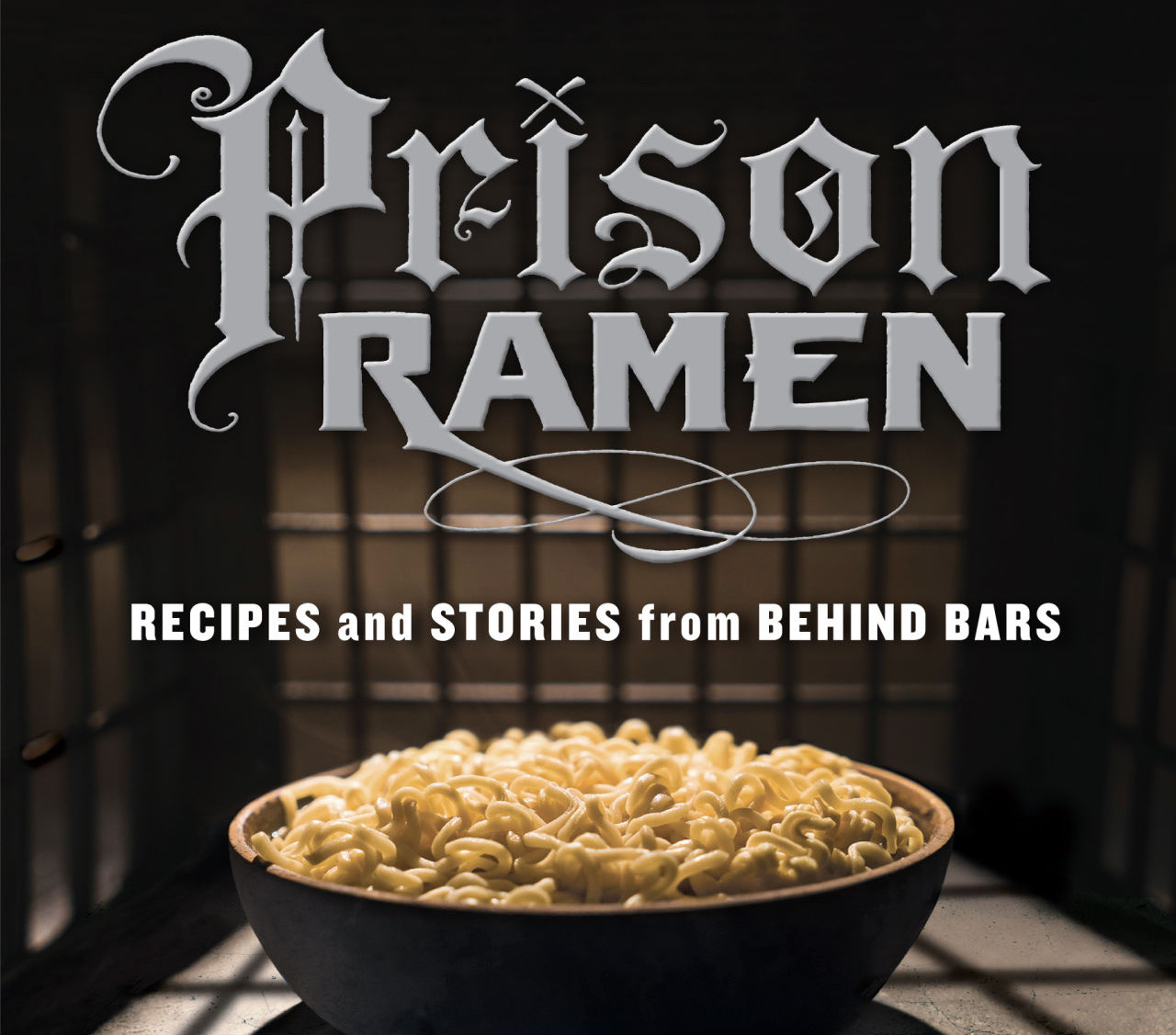Ramen noodles have overtaken tobacco to become the most valuable commodity in US prisons – in a new study.

Ramen is used to buy all sorts of essential items, from food and clothing to laundry and even hygiene products. The prisoners even use ramen as gambling chips in poker games, as these noodles give them the calories they need to do what they want to do daily. It’s everyone’s fundamental item in prison, no matter who you are, you’re cooking with ramen.

“Prisoners are so unhappy with the quality and quantity of prison food that they receive that they have begun relying on ramen noodles – a cheap, durable food product as a form of money in the underground economy,” Gibson-Light stated.


Apparently you can tell how good a man (in prison) is doing “financially” is by how many soups (a prison slang for ramen) he has in his locker and the study found that black-market food became more treasured after control over food preparation switched from one private firm to another in the early 2000s. Gibson-Light also observed that ramen noodles are not only substituting cigarettes as a form of in-demand currency but also stamps and envelopes.

Granting, we would undeniably be considered “rich” in prison with the amount of ramen stashed in our pantry.


Image: aliexpress.com
The research said the change was a response to a decline in the quality and amount of prison food on offer in the United States. It’s because these noodles are instant, economical and tasty. Since these packets of instant noodles are “rich in calories, ramen has become so valuable that it is used to exchange for other goods,” said the study author Michael Gibson-Light. Gibson-Light mentioned that the staff and inmates at the prisons he visited said the volume of food being provided had decreased steadily over decades and cautioned the shift could have serious and hazardous implications.Ramen is used to buy all sorts of essential items, from food and clothing to laundry and even hygiene products. The prisoners even use ramen as gambling chips in poker games, as these noodles give them the calories they need to do what they want to do daily. It’s everyone’s fundamental item in prison, no matter who you are, you’re cooking with ramen.

Image: planetforward.org
As a doctoral candidate in the University of Arizona School of Sociology, Mr. Gibson-Light interviewed nearly 60 inmates and prison staff at one state prison in the US and analyzed nationwide investigations into other institutions, observed that the burden and cost of care is shifting from prison systems and onto prisoners and their own support networks.“Prisoners are so unhappy with the quality and quantity of prison food that they receive that they have begun relying on ramen noodles – a cheap, durable food product as a form of money in the underground economy,” Gibson-Light stated.

Image: bonappetit.com
These instant packets of goodness have long been considered “prison gold”, so much so former convicts have written books on recipes called Prison Ramen, a bunch of recipes from behind bars. The quality and quantity of prison food, or lack of it was highlighted and popularized in the TV show, Orange Is The New Black. In the show, ramen-seasoning packets have become a prison staple and commodity as food became tasteless and inedible without the seasoning. Prisoners in federal jail don’t have money, so they rely on family members to load up special prison commissary accounts for them to purchase foods and hygiene products.
Image: wbur.org
“Luxuries like smoking tobacco were still important, but affording food had taken precedent,” Mr Gibson-Light wrote in his study. In prison economy, it is observed that six packets of ramen, worth at $0.59 (RM 2.38) at the commissary, could be exchanged for an entire set of thermal underwear, worth $11.30 (RM 45.50).Apparently you can tell how good a man (in prison) is doing “financially” is by how many soups (a prison slang for ramen) he has in his locker and the study found that black-market food became more treasured after control over food preparation switched from one private firm to another in the early 2000s. Gibson-Light also observed that ramen noodles are not only substituting cigarettes as a form of in-demand currency but also stamps and envelopes.

Image: santagotgeek.com
While the use of ramen, stamps and fish as currency sheds light on the resourcefulness of inmates, it also reveals the depth of their need for food and resources. The fact they have to create systems within prison to get nutrition or goods they need is incompetent and is downright criminal.Granting, we would undeniably be considered “rich” in prison with the amount of ramen stashed in our pantry.

Image: youtube.com





